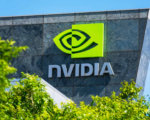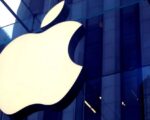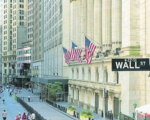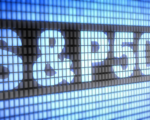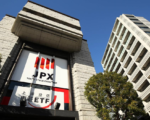Asia-Pacific Markets Mostly Rise as Investors Weigh China Stimulus Measures
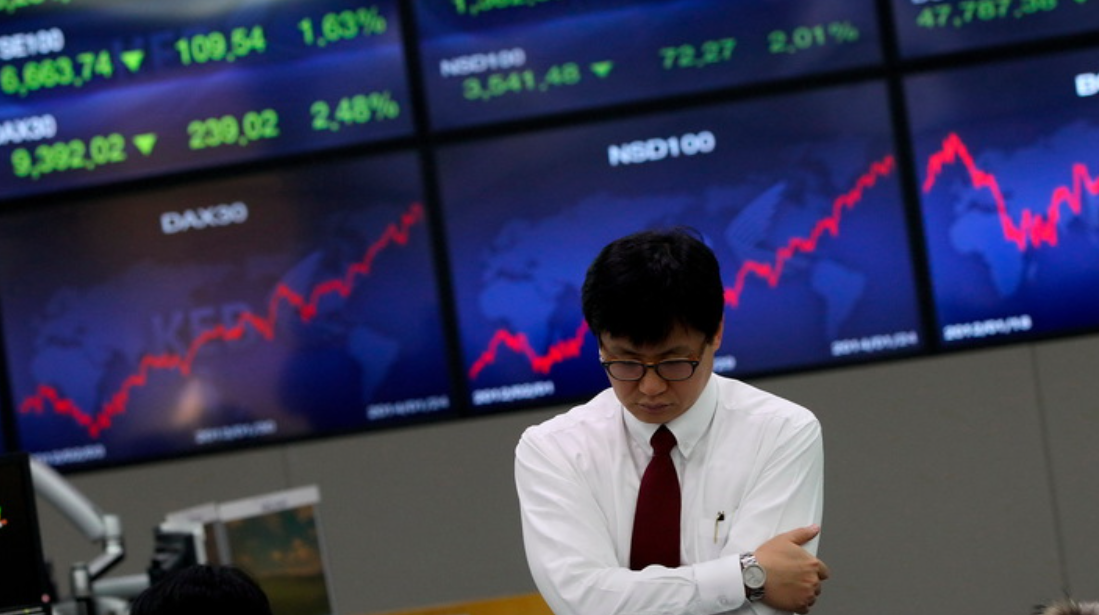
Asia-Pacific markets saw mixed performances on Wednesday, with Hong Kong’s Hang Seng Index extending its gains by 2.2%, driven by investor enthusiasm for China’s newly announced stimulus measures. The Hang Seng rally was supported by strong performances in the energy and basic materials sectors, with the Hang Seng Mainland Properties Index rising 3.6%.
Chinese markets have been reacting positively to the People’s Bank of China’s (PBOC) recent economic support measures. On Tuesday, the Hang Seng Index experienced its best day in seven months, while mainland China’s CSI 300 Index saw its largest one-day gain in over four years. By Wednesday, the CSI 300 continued its upward trend, rising by 1.73%.
The PBOC announced another rate cut, reducing the medium-term lending facility (MLF) rate from 2.3% to 2%. This marked the second rate cut in three months, following a previous reduction from 2.5% to 2.3% in July. In response, the offshore yuan briefly strengthened to 6.995 against the U.S. dollar, breaking the 7.00 level for the first time since May 2023.
Investors are also closely monitoring Australia’s inflation data. The country’s consumer price index rose by 2.7% year-on-year in August, in line with economists’ expectations, and easing from July’s 3.5% increase. Australia’s S&P/ASX 200 Index edged up slightly, recovering from two days of losses.
Elsewhere in the region, Japan’s Nikkei 225 rose 0.32%, while the broader Topix Index gained 0.11%, reversing earlier losses. South Korea’s Kospi was up 0.4%, with the Kosdaq rising 0.43%. South Korea also unveiled its new “Korea Value Up Index,” set to start trading next week. The index will feature 100 companies, with IT and industrial stocks making up over 40%.
In the U.S., markets also had a positive day on Tuesday. The S&P 500 gained 0.25%, closing at a record 5,732.93, while the Dow Jones Industrial Average rose 0.2%, reaching a new high of 42,208.22. The Nasdaq Composite added 0.56%, with Nvidia leading the charge, climbing nearly 4%. This came after a regulatory filing indicated that Nvidia CEO Jensen Huang had concluded his recent stock sales.







